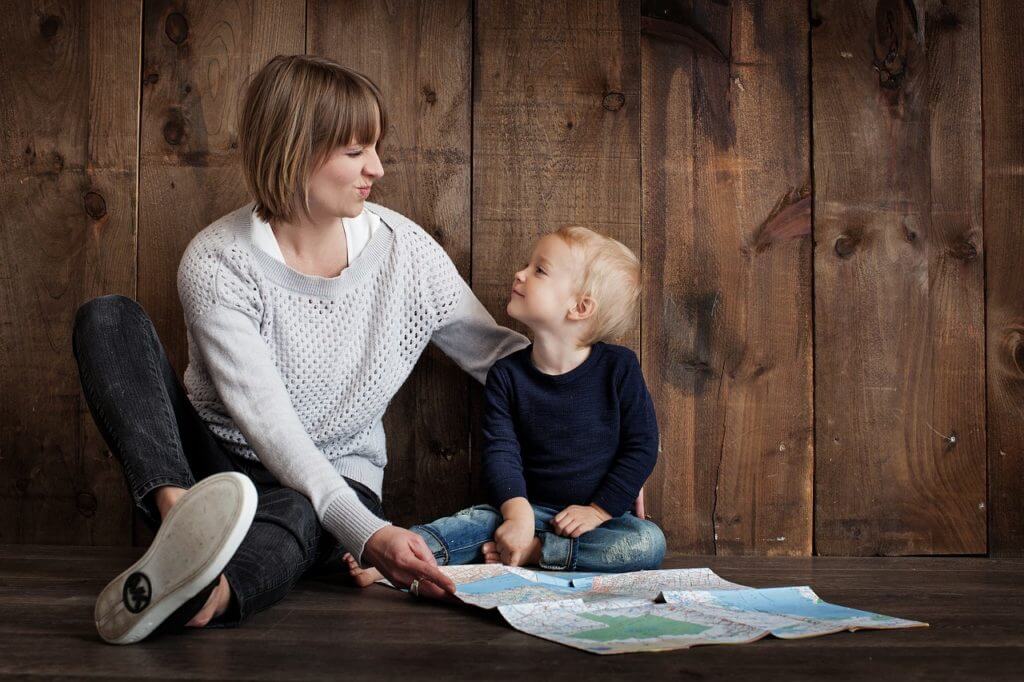You might wonder what Sharenting is all about? Well, sharenting is the word coined for those parents who share too much information about their kids on social media. The Wall Street Journal created this term from the two words ‘over-sharing and ‘parenting.’
Pictures of children having meltdowns, playing dress-up, and toddlers even in the bathtub adorn Facebook walls. Many blogs share stories from potty training to preschool struggles. Toddlers dancing to the likes of Beyoncé and Taylor Swift rack up YouTube views.
Sarah Clark, Associate Director of University of Michigan, says, “By the time children are old enough to use social media themselves, many already have a digital identity created for them by their parents.”
Our online actions may affect the future well-being of our kids. There should be an increased awareness among parents to protect their kids’ online identities.
Experts say that you’re not sure whether the people with whom you share your child’s photos may download and redistribute these images. Your privacy settings are not a safety net because even these posts can reach a large audience.
Though there may be some benefit in sharing information about kids, such as sharing photos with family and friends who are dispersed geographically and seeking advice from trusted friends about your children’s lives, the potential harm outweighs the positive aspects.
What is digital kidnapping
This information is not to scare you, but a new phenomenon called digital kidnapping has risen. Cyber thieves get hands-on info about the children’s details and photos, promoting such kids as their own. Research studies have shown that innocent photographs of children can end up on the wrong websites. So as parents, it becomes our prime duty to protect the privacy and safety of our kids.
Though the above-discussed things may be rare, a permanent online presence you create for your child may potentially hurt the way their future peers, teachers, and employers see the child. It may result in identity theft, which could be used for years by wrong persons unknowing to you or your kids.
Some psychologists have individually voiced concern over the psychological impacts of sharenting on kids. Psychologist Aric Sigman indicated to The Guardian that children develop their identities reflecting on their private moments, and social media disrupts this process. There are also chances of kids being cyber bullied over the content on social media.
How to protect your kids online
Turn off geolocation- This setting can expose your child’s location. Parents should avoid checking into a location with their child on social media. It would be wise to disable the geolocation altogether.
Limit your sharing – You can share your kid’s achievements like graduation, their first job and avoid publically posting any identifying information. By doing this, you’re creating a positive online identity for your children, and you’re protecting them from prying eyes.
Tighten your privacy settings – Make sure you have the most robust privacy settings. Ensure that you are sharing the kid’s photos only with family and friends. Facebook, Instagram, and Twitter often have policy changes in their privacy settings. So check back every couple of months.
Monitor your child’s digital footprint- You can Google your kid’s name and create a google search alert if you’ve posted any information about them on the net. If you find any unwanted data, you can request that the search engine removes it.
Take home message
Be careful about what you post online; some memorable moments are best stored in the recesses of your heart that will be etched in your memory forever.














